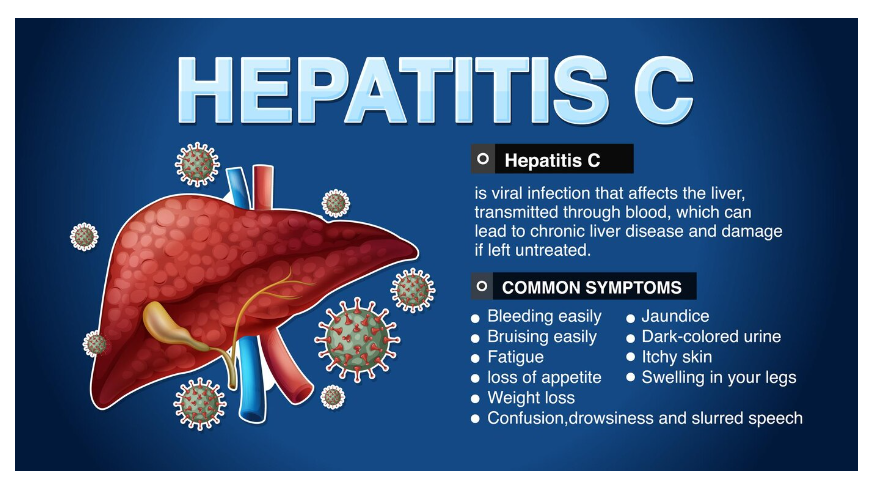
What is Hepatitis C: Understanding the Basics
Introduction: In the realm of health, there are numerous conditions that can affect the liver, and one of them is Hepatitis C. Although it might sound intimidating, understanding the basics of Hepatitis C is crucial for everyone. So, let’s break it down in simple terms.
What is Hepatitis C?
Hepatitis C is a viral infection that primarily attacks the liver. It is caused by the Hepatitis C virus (HCV), which is transmitted through exposure to infected blood. This can happen through various means, such as sharing needles, receiving blood transfusions from infected donors (though this is rare nowadays due to screening protocols), or less commonly, through sexual contact.
How Does Hepatitis C Affect the Body?
Once the Hepatitis C virus enters the body, it starts to attack the liver cells. This can lead to inflammation and damage to the liver over time. The liver plays a crucial role in filtering toxins from the blood, producing essential proteins, and aiding in digestion. When it’s compromised by Hepatitis C, it can lead to serious complications if left untreated.
Symptoms of Hepatitis C
One of the tricky aspects of Hepatitis C is that it often doesn’t cause any noticeable symptoms in its early stages. People can live with the virus for years without knowing they’re infected. However, as the disease progresses, symptoms may start to appear, which can include:
- Fatigue
- Jaundice (yellowing of the skin and eyes)
- Nausea and vomiting
- Loss of appetite
- Abdominal pain
- Dark urine
- Clay-colored stools
It’s important to note that not everyone with Hepatitis C will experience symptoms, which is why testing is crucial, especially for those at higher risk of exposure.
Diagnosis and Treatment
Hepatitis C is diagnosed through blood tests that detect the presence of HCV antibodies or the virus itself. If diagnosed early, treatment can be highly effective. The goal of treatment is to clear the virus from the body and prevent further liver damage. This often involves a combination of antiviral medications taken over several weeks or months.
Prevention
Preventing Hepatitis C involves taking precautions to avoid exposure to infected blood. This includes:
- Avoiding sharing needles or other drug paraphernalia
- Using protection during sexual activity
- Being cautious when getting tattoos or piercings and ensuring sterile equipment is used
- Screening blood donations for the virus
Conclusion
While Hepatitis C might seem daunting, understanding its basics is the first step in prevention and treatment. With early diagnosis and appropriate medical care, it is possible to manage Hepatitis C effectively and prevent long-term liver damage.
To seek medical advice, always consult a Doctor. Here are our recommended experts. Click here
To read more on Respiratory disease . Click Here


